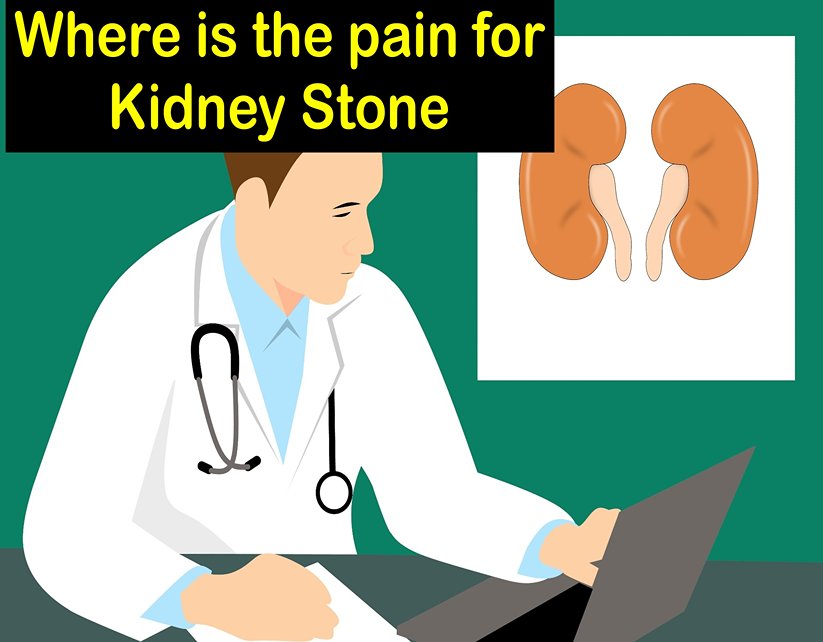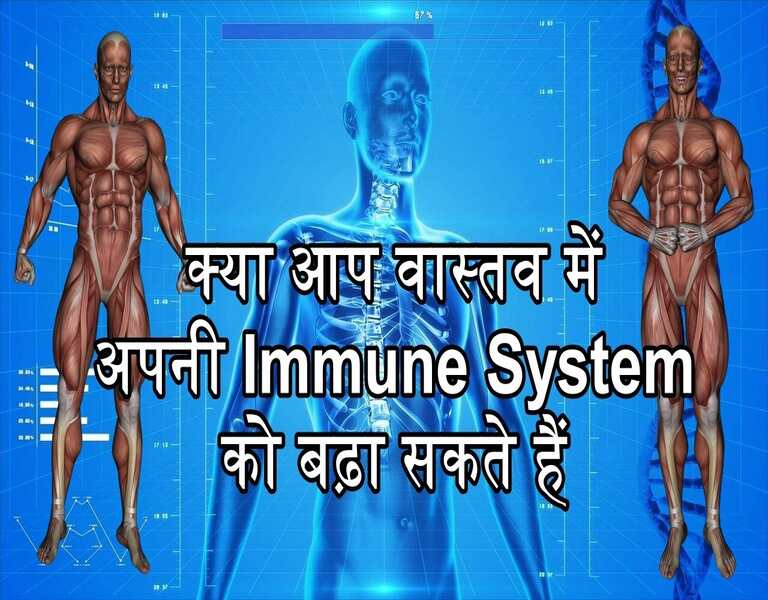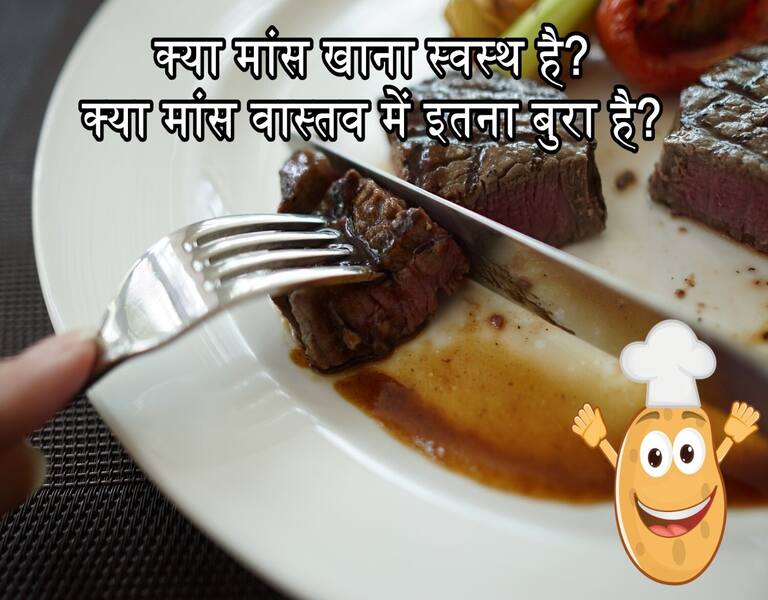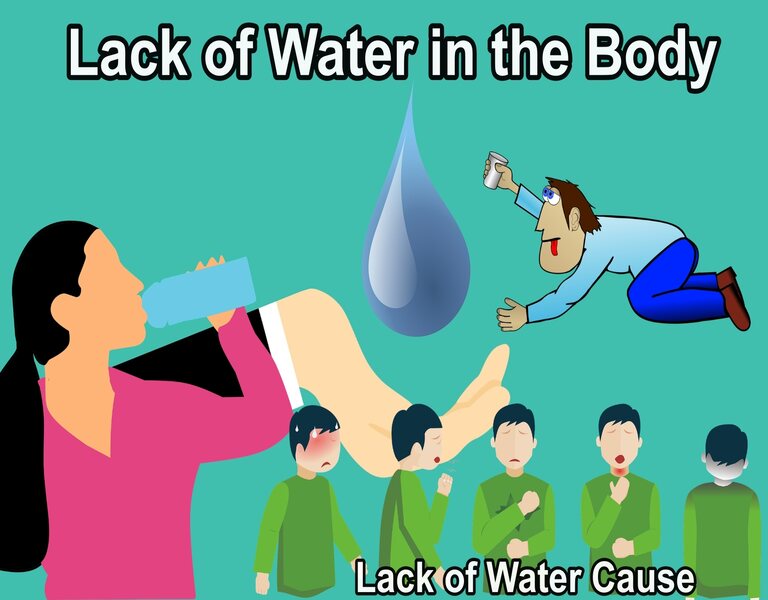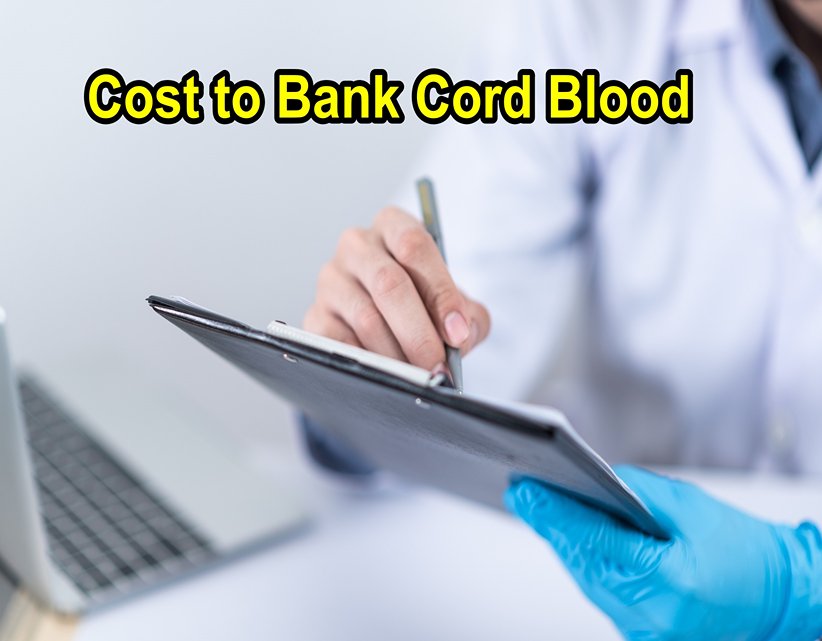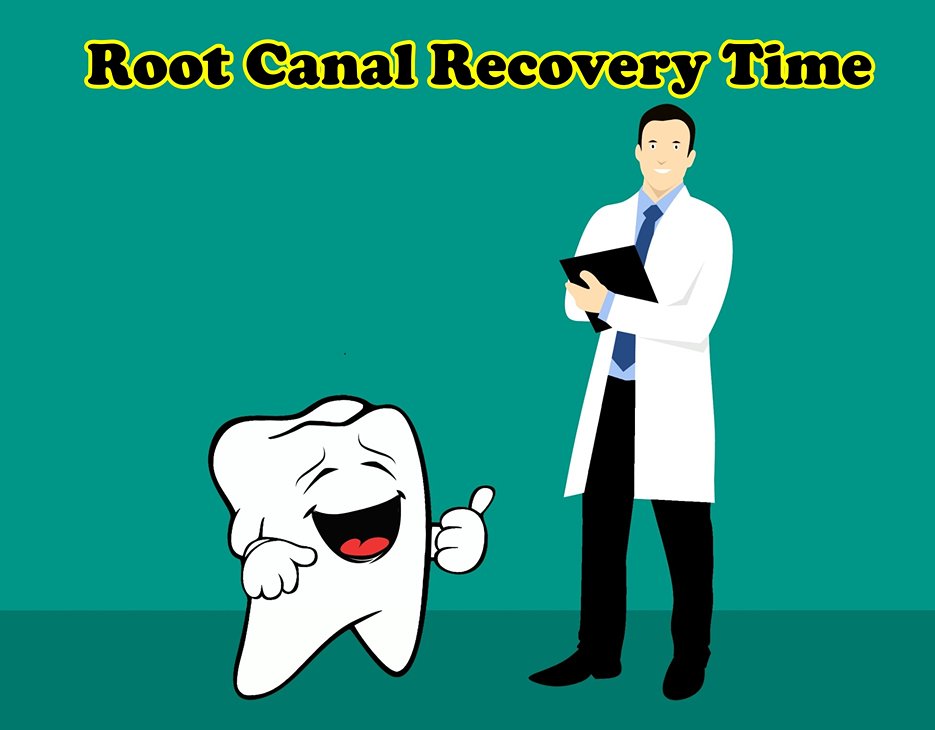Table of Contents
Where is the pain for Kidney Stone
Kidney stones are small, hard mineral deposits that form inside the kidneys or urinary tract. They can cause significant pain and discomfort for those who experience them, and knowing where the pain is located can help in identifying and treating the condition. Where is the pain for Kidney Stone
The pain associated with kidney stones is often described as one of the most severe types of pain a person can experience. It is often characterized as a sharp, stabbing pain that can be felt in the lower back, abdomen, groin, or side. The pain may come and go in waves and can be accompanied by other symptoms, including nausea, vomiting, and difficulty urinating.
One of the most common locations for pain associated with kidney stones is in the lower back. The pain is often felt on one side of the back, typically on the side where the stone is located. The pain can be severe and may radiate down into the groin or abdomen.
In addition to lower back pain, kidney stones can also cause pain in the abdomen. This pain is often described as a cramping or aching sensation and can be felt on either side of the body. The pain may be intermittent or constant and may be accompanied by bloating or a feeling of fullness.
Pain associated with kidney stones can also be felt in the groin or genital area. This pain is typically felt on the same side as the stone and can be severe, causing discomfort and difficulty walking or standing.
It is important to note that the location of pain associated with kidney stones can vary from person to person. Some individuals may experience pain in multiple locations, while others may only experience pain in one area.
The pain associated with kidney stones can be severe and debilitating, and can be felt in the lower back, abdomen, groin, or side. If you experience any of these symptoms, it is important to seek medical attention as soon as possible to receive proper diagnosis and treatment. With proper care, most kidney stones can be treated effectively and without complications.
The most common symptoms of kidney stones
Kidney stones are small, hard mineral deposits that form inside the kidneys or urinary tract. They can cause a range of symptoms that can vary from mild to severe, depending on the size and location of the stone. In this blog post, we will discuss the five most common symptoms of kidney stones.
Severe Pain
One of the most common symptoms of kidney stones is severe pain. The pain is often described as a sharp, stabbing pain that can be felt in the lower back, abdomen, groin, or side. The pain may come and go in waves and can be accompanied by other symptoms, including nausea, vomiting, and difficulty urinating.
Blood in Urine
Another common symptom of kidney stones is blood in the urine, which is also known as hematuria. This can be caused by the stone scratching the urinary tract as it passes through.
Difficulty Urinating
Kidney stones can also cause difficulty urinating. This can be due to the stone blocking the flow of urine through the urinary tract. You may feel a strong urge to urinate, but only a small amount of urine is produced. In some cases, you may not be able to urinate at all.
Nausea and Vomiting
Nausea and vomiting are also common symptoms of kidney stones. These symptoms may occur due to the severe pain associated with kidney stones. In some cases, the nausea and vomiting may be severe enough to cause dehydration, which can lead to additional health complications.
Fever and Chills
This may be a sign of an infection, which can occur if the stone causes a blockage in the urinary tract, preventing urine from flowing properly. An infection can be serious and requires prompt medical attention. Where is the pain for Kidney Stone
Kidney stones can cause a range of symptoms that can vary from mild to severe. The five most common symptoms are severe pain, blood in urine, difficulty urinating, nausea and vomiting, and fever and chills. If you experience any of these symptoms, it is important to seek medical attention as soon as possible to receive proper diagnosis and treatment. With proper care, most kidney stones can be treated effectively and without complications.
How do you detect a kidney stone?
Kidney stones are small, hard mineral deposits that form inside the kidneys or urinary tract. They can cause a range of symptoms, including severe pain, blood in urine, difficulty urinating, nausea and vomiting, and fever and chills. If you suspect you may have a kidney stone, it is important to seek medical attention as soon as possible to receive proper diagnosis and treatment. In this blog post, we will discuss how kidney stones are detected.
Medical History and Physical Exam
Your doctor will begin by taking a detailed medical history and conducting a physical exam. They will ask about your symptoms, medical history, and any medications you are taking. During the physical exam, your doctor will feel your abdomen and back for any signs of tenderness or swelling.
Urine Tests
Your doctor may also order a urine test to check for signs of infection or blood in the urine.
Imaging Tests
Imaging tests, such as X-rays, CT scans, or ultrasounds, can help to detect the presence of kidney stones. X-rays can show the size and location of the stone, while CT scans can provide more detailed images of the urinary tract. Ultrasounds can also be used to detect kidney stones, particularly in pregnant women or those who cannot undergo a CT scan.
Blood Tests
In some cases, blood tests may be ordered to check for signs of infection or kidney damage. Blood tests can also help to rule out other conditions that may cause similar symptoms.
Kidney Stone Analysis
If you pass a kidney stone, your doctor may be able to analyze it to determine its composition. This can help to guide treatment and prevent future stones from forming.
Kidney stones can be detected through a combination of medical history, physical exam, urine tests, imaging tests, blood tests, and kidney stone analysis. If you suspect you may have a kidney stone, it is important to seek medical attention as soon as possible to receive proper diagnosis and treatment. With proper care, most kidney stones can be treated effectively and without complications. Where is the pain for Kidney Stone
What is best pain relief for kidney stones?
Kidney stones can cause severe pain, which can be difficult to manage without proper treatment. If you have been diagnosed with a kidney stone, your doctor may recommend several different pain relief options. In this blog post, we will discuss the best pain relief options for kidney stones.
Over-the-Counter Pain Medication
Over-the-counter pain medication, such as ibuprofen or acetaminophen, can help to relieve mild to moderate pain associated with kidney stones. These medications work by reducing inflammation and blocking pain signals in the body.
Prescription Pain Medication
If over-the-counter pain medication is not effective, your doctor may prescribe stronger pain medication, such as opioids. Opioids can be effective in relieving severe pain, but they can also be addictive and have side effects. It is important to take opioids only as directed by your doctor and to discuss any concerns you may have about their use.
Non-Invasive Procedures
If you have a large kidney stone that is causing severe pain, your doctor may recommend a non-invasive procedure, such as extracorporeal shock wave lithotripsy (ESWL) or ureteroscopy. ESWL uses shock waves to break up the stone, while ureteroscopy involves using a scope to remove the stone. These procedures can be done under local or general anesthesia, and can help to relieve pain by removing the source of the problem.
Intravenous (IV) Pain Medication
If you are experiencing severe pain and are unable to take oral pain medication, your doctor may recommend intravenous (IV) pain medication. IV pain medication can provide immediate relief and can be given in a hospital or outpatient setting.
Home Remedies
In addition to medication and procedures, there are several home remedies that can help to relieve pain associated with kidney stones. These include drinking plenty of water, using heat therapy, taking a warm bath, and practicing relaxation techniques, such as deep breathing or meditation. Where is the pain for Kidney Stone
There are several pain relief options available for kidney stones, including over-the-counter pain medication, prescription pain medication, non-invasive procedures, IV pain medication, and home remedies. If you are experiencing severe pain associated with kidney stones, it is important to seek medical attention to receive proper diagnosis and treatment. With proper care, most kidney stones can be treated effectively and without complications.
What dissolves kidney stones fast?
Kidney stones are small, hard mineral deposits that form in the kidneys or urinary tract. They can cause a range of symptoms, including severe pain, blood in urine, difficulty urinating, nausea and vomiting, and fever and chills. While some kidney stones may pass on their own, others may require medical intervention to dissolve or remove them. In this blog post, we will discuss some natural remedies and medical treatments that can help dissolve kidney stones quickly.
Drink Plenty of Water
Water helps to flush out the kidneys and urinary tract, which can help to dissolve small stones and prevent new ones from forming.
Lemon Juice
Lemon juice is a natural remedy that can help to dissolve kidney stones quickly. Lemon juice contains citric acid, which can help to break down calcium-based kidney stones. Squeeze the juice of one lemon into a glass of water and drink it daily to help dissolve kidney stones.
Apple Cider Vinegar
It contains acetic acid, which can help to break down and dissolve calcium-based kidney stones. Mix 2 tablespoons of apple cider vinegar in a glass of water and drink it daily to help dissolve kidney stones.
Uric Acid Stones
Uric acid stones are a type of kidney stone that can be dissolved quickly with medication. Allopurinol and potassium citrate are two medications that can help to dissolve uric acid stones. Your doctor may also recommend changes to your diet, such as reducing your intake of purine-rich foods, to prevent the formation of uric acid stones.
Extracorporeal Shock Wave Lithotripsy
Extracorporeal shock wave lithotripsy (ESWL) is a medical procedure that uses shock waves to break up kidney stones. The procedure is done under local anesthesia and can be done on an outpatient basis. ESWL is effective in treating small to medium-sized kidney stones, and most patients are able to return to their normal activities within a few days.
There are several natural remedies and medical treatments that can help dissolve kidney stones quickly. Drinking plenty of water, consuming lemon juice or apple cider vinegar, and taking medication for uric acid stones can help to dissolve kidney stones naturally.
ESWL is a medical procedure that can effectively break up kidney stones. If you are experiencing symptoms of kidney stones, it is important to seek medical attention to receive proper diagnosis and treatment. With proper care, most kidney stones can be treated effectively and without complications. Where is the pain for Kidney Stone

